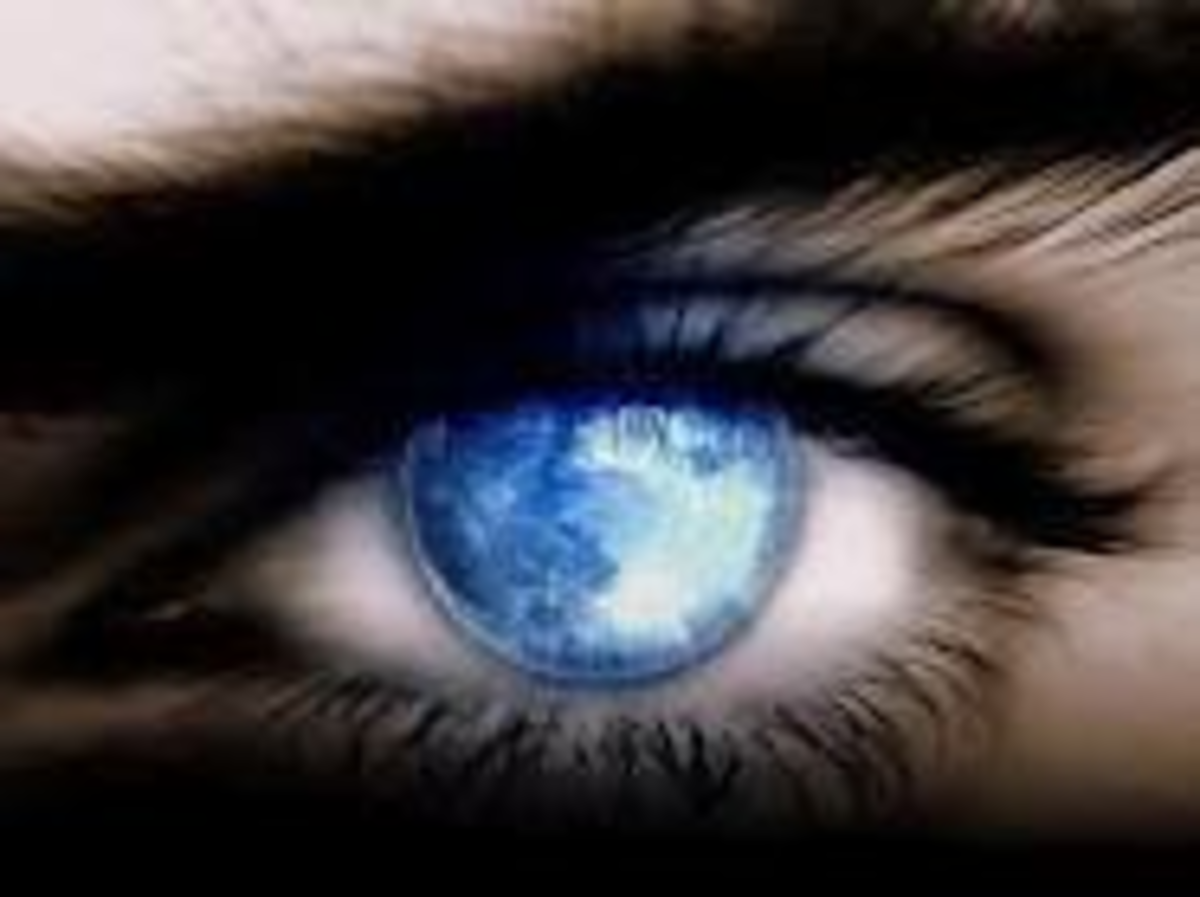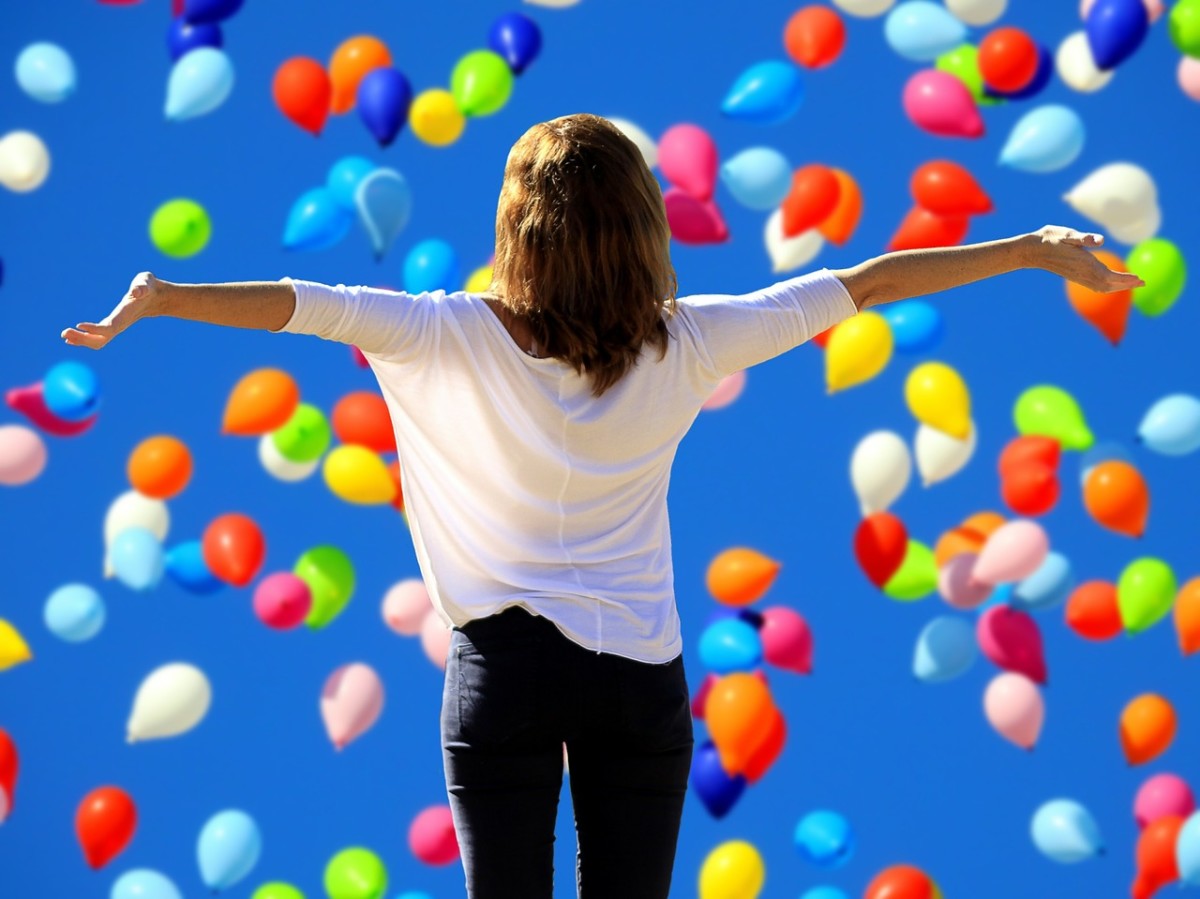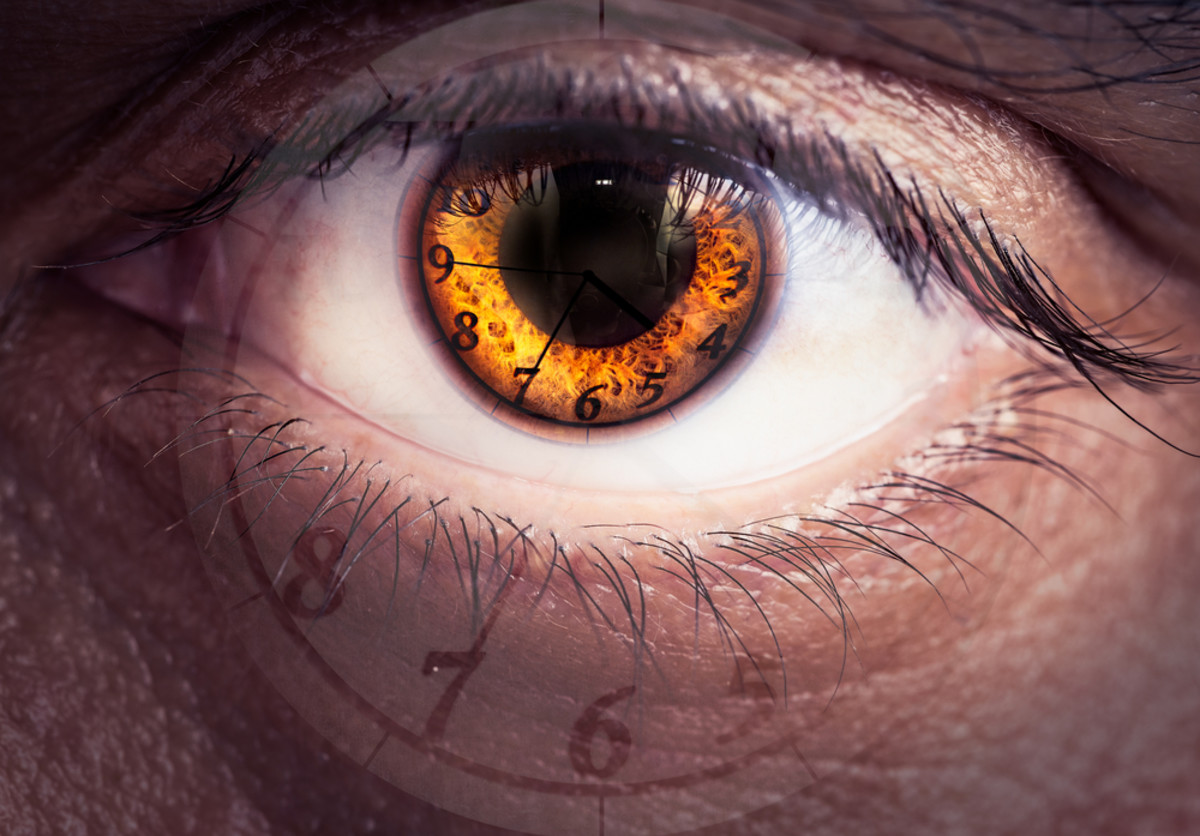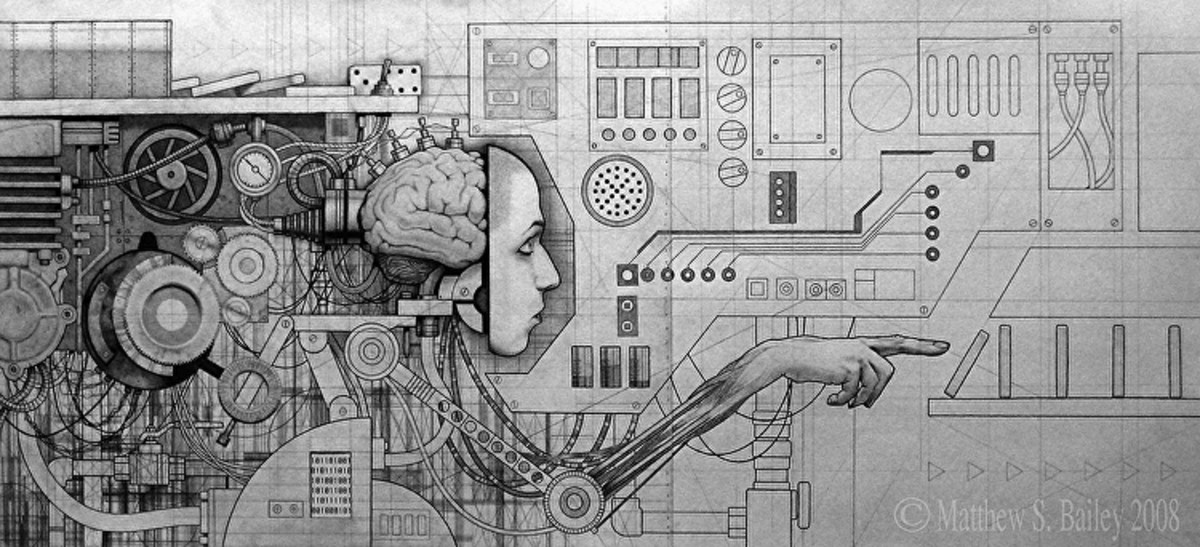Perception: The Lens of Experience

Definitions
What are our perceptions? Merriam-Webster Online Dictionary says that our perceptions are the result of our internal awareness and understanding of our reality and our processing of external sensory information.
Do our experiences form our perceptions or do our perceptions create our experiences?
At first glance, it might appear that our experiences have great influence over our perception. Yet because we have a wide range of choice in the way we perceive reality, our perceptions have a much deeper effect on our experiences than our experiences have on our perceptions.
You have heard the optimist/pessimist contrasting view of the glass of water. The glass is either half empty or half full, depending on your point of view. If you change the ratio, the glass might be three quarters empty or one quarter full. The “three quarters empty” better illustrates the idea of sadness at loss whereas the “one quarter full” better illustrates the idea of gratitude for what is and/or or faith in what will be.
You have heard of the power of positive thinking. As a matter of fact, someone you may know wrote a book about it: “The Power of Positive Thinking” by Norman Vincent Peale. Norman Vincent Peale said, “Change your thoughts and you change your world.” If you think that perceptions are molded solely by experience then this statement may seem preposterous to you. However, the very fact of your acceptance of the statement, “Change your thoughts and you change your world,” should you accept it, makes the statement true, for in accepting it you accept responsibility for your point of view - that is, your perceptions: the understandings you use to interpret reality.
The Law of Attraction
The Law of Attraction says that thoughts actually become things. If you perceive yourself as being in a certain career or relationship, or even as owning a certain thing, the Universe will bring you the tools you need to get yourself into that career or relationship or to help you acquire the thing. I have seen some evidence in my own life that this works. The results can be unexpected, because many times we are unclear with ourselves as to what it is we actually want. What we perceive we desire and what we actually desire are often two different things.
A good first step toward using the Law of Attraction is to figure out exactly what it is you want. Start small. Imagine some experience you would really, really like. Imagine how it would make you feel to get it. Imagine how you would feel, having it. I think you may be amazed, as I was, at how fast the Universe will bring you something. It may not be exactly what you imagined, but if you are open and receptive to it, you will see that it is exactly what you wanted.
A welcome by-product of using the Law of Attraction is that when you start to think about what it is you really want, you will be immediately and pleasantly surprised to find how much of it has already been attracted by you. Often we don’t see that what we already have is what we really want because we are too busy lusting after something we think we want.
This brings us to mindfulness: presence in the moment so that you can enjoy what you already have. A daily meditation practice is the best way to train yourself to be in the present moment.
Physiological Effects of Meditation
Meditation can greatly affect one’s perception of the world. Untrained, many brains are prone to go into fight-or-flight mode at the least provocation. It is a scientific fact that meditation actually moves blood flow away from the fight-or-flight stress centers of the brain and toward the executive functioning centers of the brain.
Because of the physiological effect meditation has on the brain, those individuals who practice daily for an extended period naturally tend to think calmly instead of reacting with anger or fear. Instead of thinking of the future with dread or the past with regret, they tend more to think of the present with openness and receptiveness, but if they think of the past or future, they remember the past with a smile and anticipate the future with delight.
Gratitude, Openness and Receptiveness
Train yourself to be grateful. One way to be grateful is to realize that things could almost always be worse. You can almost always be grateful for what you have even if you want something better. The Law of Attraction says that if you pay attention to something, the Universe will bring you more of it. Best try to concentrate on the stuff you like and be grateful for it.
Be open and receptive to the things that the Universe brings you in response to your mental articulation of your desire. While these things may not always match exactly what you visualized for yourself, be open to the idea of their suitability. This does not mean that you should accept everything that comes your way.
Quietly identify the things you do not like - sickness, poverty, loneliness, etc. - and loudly imagine their opposites. Visualize yourself, for example, healthy, wealthy and surrounded by those who love you. Seeing yourself in this light, can you do anything else but smile?
Choosing our perceptions molds our experience. We can choose positive or negative. Choose positive for happiness or negative for unhappiness. Simple! The choice is yours.








